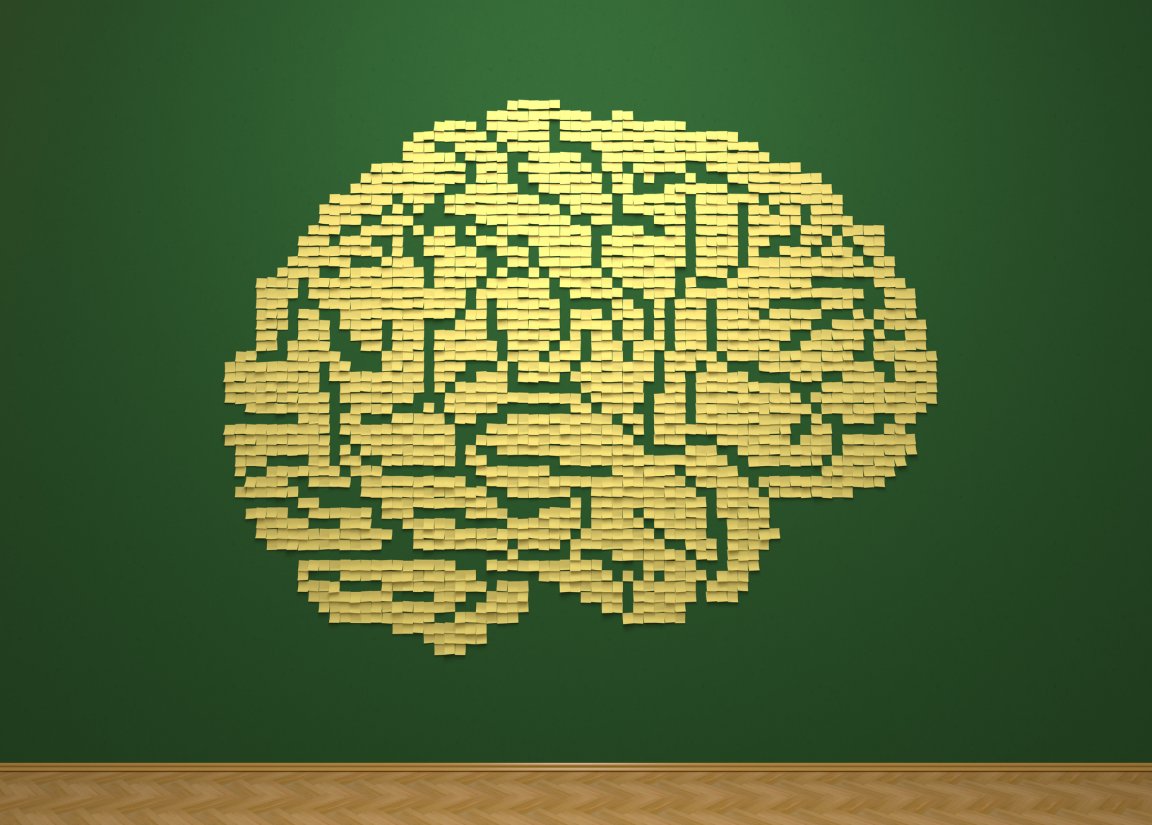
The Wisdom Test
A study from the University of San Diego School of Medicine has established a new method of measuring a person’s wisdom, taking into account neurobiological readings.
“There is evidence to suggest that the level of wisdom is dictated to a large degree by neurobiology, and that distinct regions and systems in the brain govern the identified components of wisdom,” said Dilip Jeste, MD, the director of the UC San Diego Center for Healthy Aging, in a press release.
The San Diego Wisdom Scale (SD-WISE) builds upon current measures by incorporating neurobiological models of a person’s wisdom. Studies indicate that we can define wisdom via six key components, each of which has been linked to particular regions of the brain.

These six components are: social decision-making and pragmatic knowledge of life; emotional regulation; reflection and self-understanding; tolerance of diverse values; the ability to deal with ambiguity and uncertainty; and prosocial attitudes and behaviors like empathy and altruism.
Participants were given a set of statements which they were asked to agree or disagree with on a scale of 1-5. The study found that SD-WISE was able to successfully measure five of these six domains, with social decision-making only partially covered.
A field of 524 test subjects were profiled with the scale as well as two established methods of measuring wisdom — the Three-Dimensional Wisdom Scale and the Self-Assessed Wisdom Scale — demonstrating SD-WISE’s ability to discern between respondents with different levels of wisdom.
Worldly Wise
There are hopes that SD-WISE could be used in clinical practice, as well as in bio-psycho-social research. Jeste even suggests that if we understand more about the neurobiology of wisdom, we might be able to figure out methodical ways of increasing it.
However, there are some limitations to the study in its current form. For one, there’s the fluid definition of wisdom. Given that it’s such a familiar concept, there’s always going to be debate as to exactly what can be quantified as wisdom, which makes looking for its neurobiological basis all the more challenging.
Furthermore, the participants involved in this particular study weren’t as diverse as they could have been. More than 75 percent of people who took part stated their race or ethnicity as non-Latino white, and the majority had a college education or higher.
“This was a first field test of SD-WISE and results are encouraging, but more work remains. Its reliability and validity need to be evaluated further across different socio-cultural, racial-ethnic and national samples,” Jeste acknowledged.